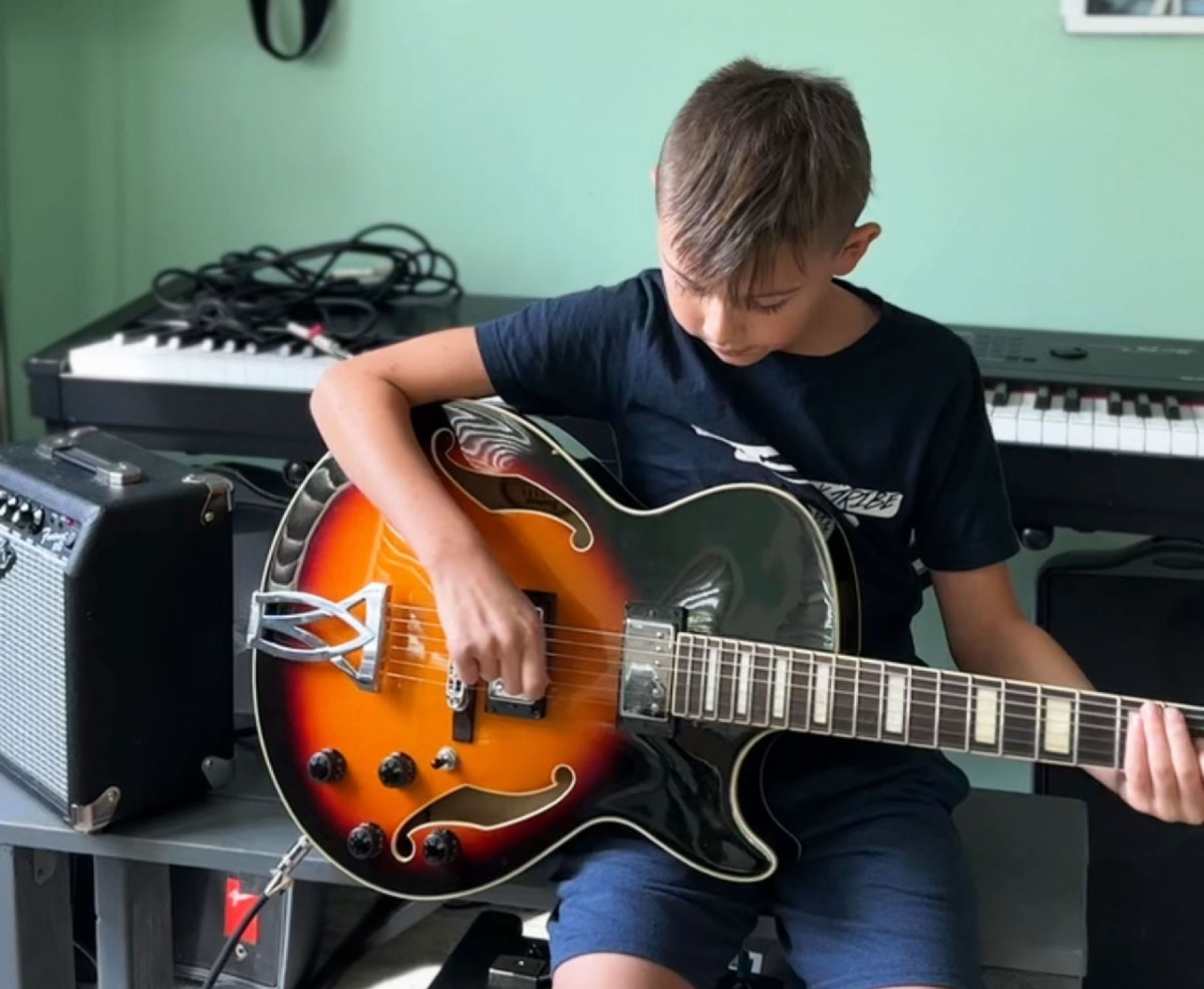
The Importance of Studying Music Theory in a Homeschool Journey
In the realm of homeschooling, parents and educators often seek out diverse subjects to enrich their children’s learning experiences and that is definitely true for our family as well. While traditional subjects like math, science, and literature are essential, incorporating music education—specifically music theory and history—can provide a wealth of benefits that extend far beyond the notes on a page. Understanding music theory and learning music is not just about becoming a proficient musician; it plays a crucial role in cognitive development, emotional expression, and even social skills. Here’s why as a homeschooling mom of 4, including music theory in our homeschool curriculum is vital.
Cognitive Development
Research has shown that studying music can enhance cognitive abilities. Learning music theory involves understanding complex concepts such as rhythm, harmony, and melody, which stimulates the brain and improves critical thinking skills. It has encouraged my children to engage in problem-solving and analytical thinking, as they decipher musical compositions and understand how different elements work together to create a cohesive piece. This cognitive engagement can translate into improved performance in other academic areas, particularly in mathematics, where patterns and structures are key.
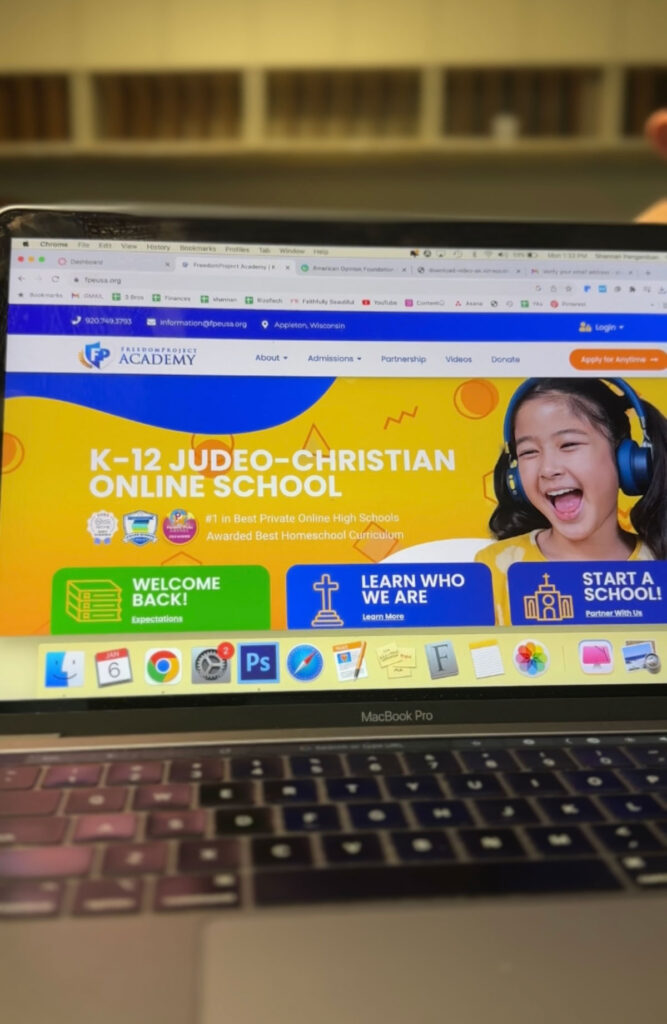
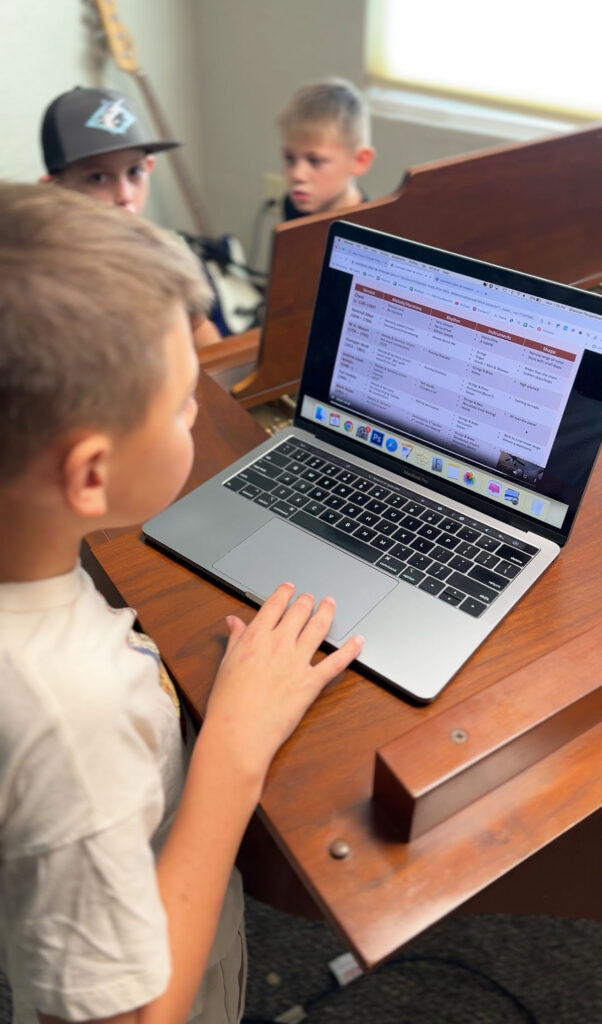
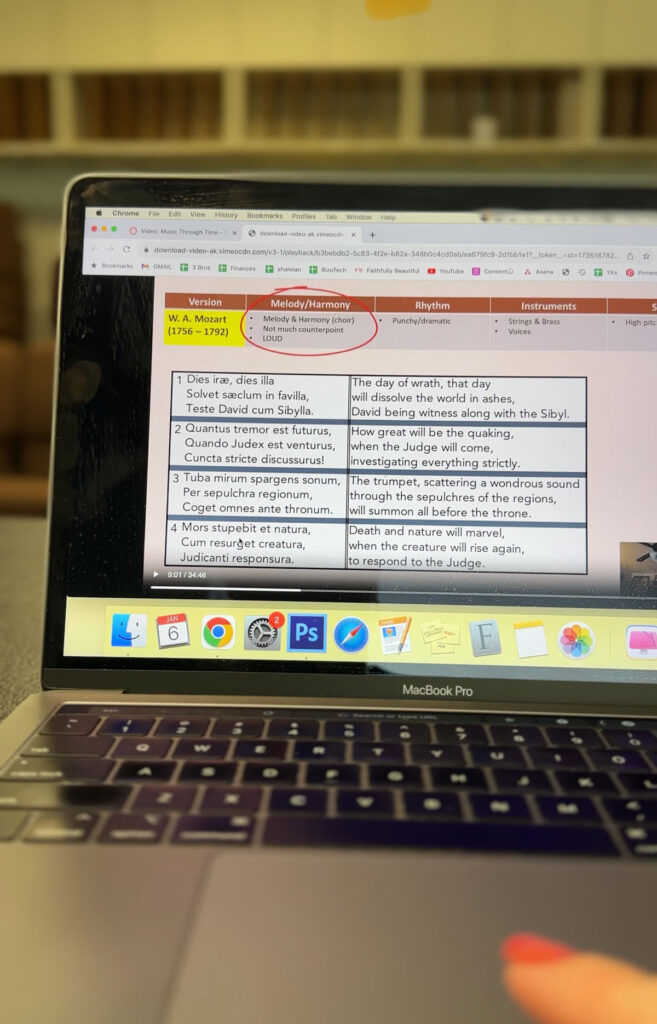
Utilizing Freedom Project Academy
Freedom Project Academy offers a unique approach to education that empowers families to take control of their learning journey. With a diverse range of homeschool classes available, students can engage with the curriculum at their own pace, allowing for a personalized educational experience that fits their individual needs and interests. This flexibility not only fosters a love for learning but also encourages students to explore subjects deeply and thoroughly, without the constraints of a traditional classroom setting. Whether it’s diving into history, mastering math concepts, or exploring the arts, Freedom Project Academy provides the resources and support necessary for students to thrive in a self-directed learning environment, making education both accessible and enjoyable.
My oldest son has been thoroughly enjoying his Homeschool Music Theory and Appreciation class through FPA! Not only has it made him dive more into the classical side of music, but it has driven him to become more inspired in this own playing and practicing – which in turn has been encouraging my other 3 kids to keep learning their instruments as well.
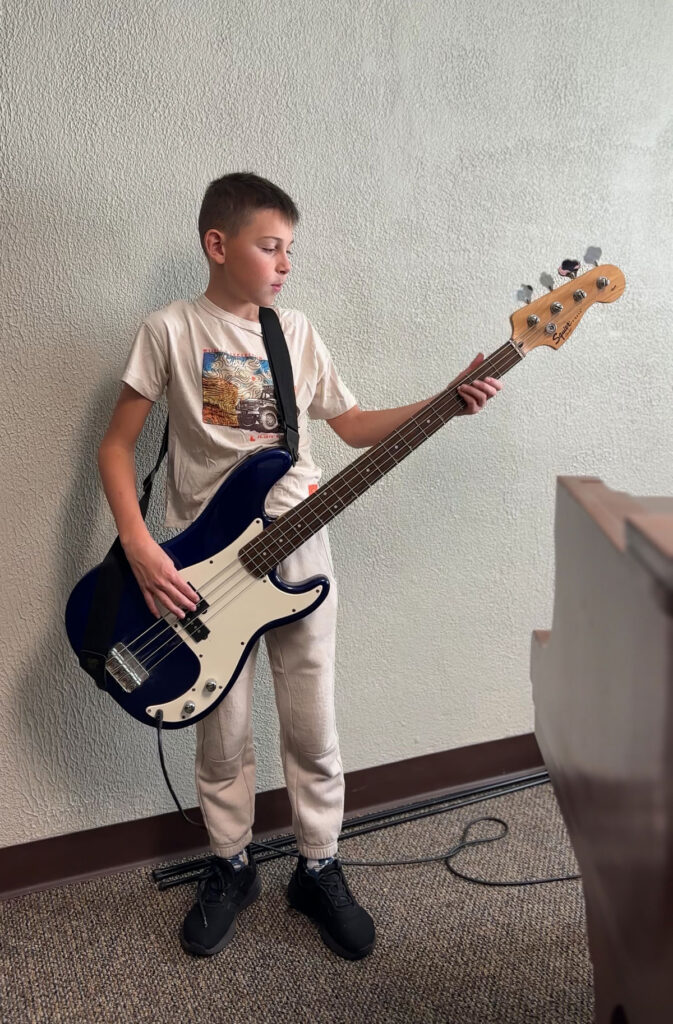
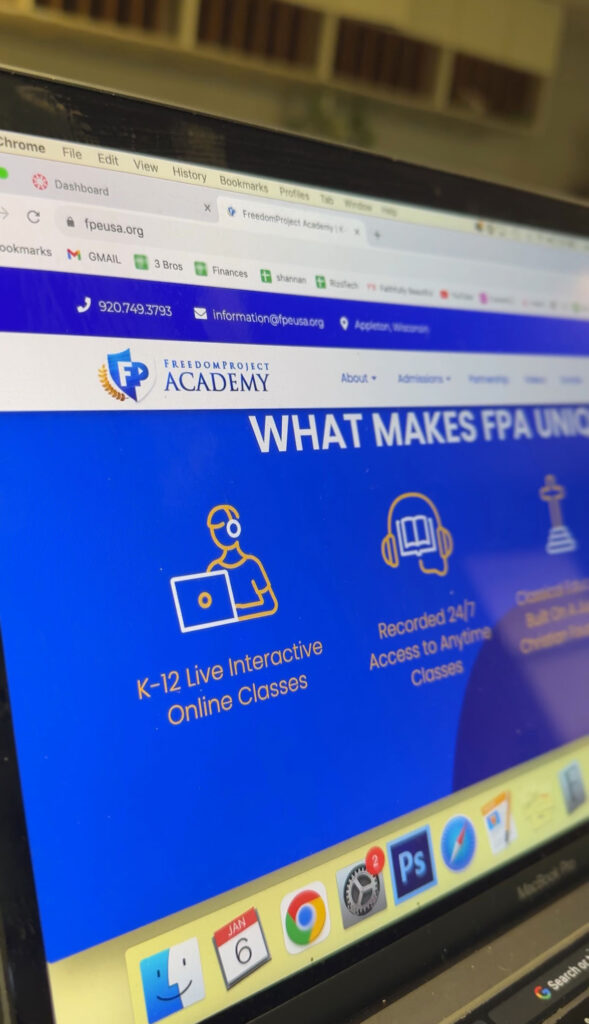
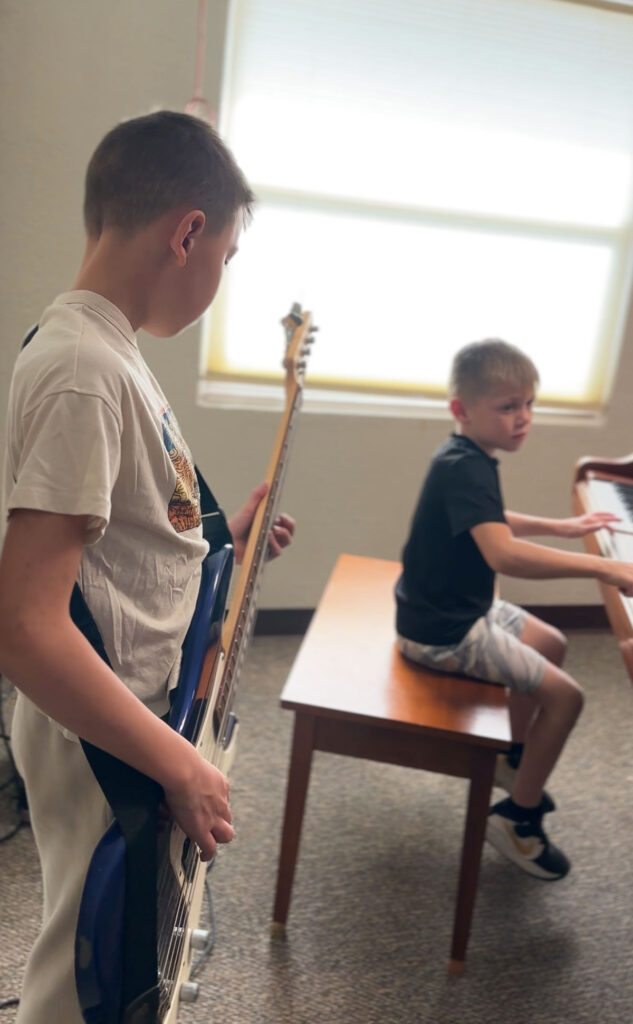
Emotional Expression and Regulation
Music is a powerful medium for emotional expression. By learning music theory and how to play an instrument, children gain a unique outlet for their feelings. This can be particularly beneficial in a homeschool setting, where emotional well-being is paramount. Music allows children to express themselves in ways that words sometimes cannot. Understanding the theory behind music helps them to articulate their emotions more effectively, whether they are feeling joy, sadness, or frustration. Moreover, engaging with music can also serve as a form of emotional regulation, providing a healthy way to cope with stress and anxiety.
Fostering Creativity
Creativity is a cornerstone of a well-rounded education, and music theory fosters this trait in numerous ways. As children learn the rules of music composition, they also learn how to bend and break those rules to create something uniquely their own. This balance of structure and freedom encourages innovative thinking. When children compose their own music or experiment with different sounds and styles, they develop a sense of ownership over their creativity. This process not only boosts self-esteem but also instills a lifelong appreciation for the arts.
Social Skills and Teamwork
Incorporating music theory into a homeschool curriculum can also enhance social skills. Whether through group lessons, community music classes, or virtual collaborations, engaging with music often involves working with others. Learning to play in an ensemble teaches children about teamwork, communication, and compromise. They learn to listen to others, blend their sounds, and contribute to a collective goal. These experiences are invaluable, as they prepare children for future collaborative endeavors in any field, not just music.
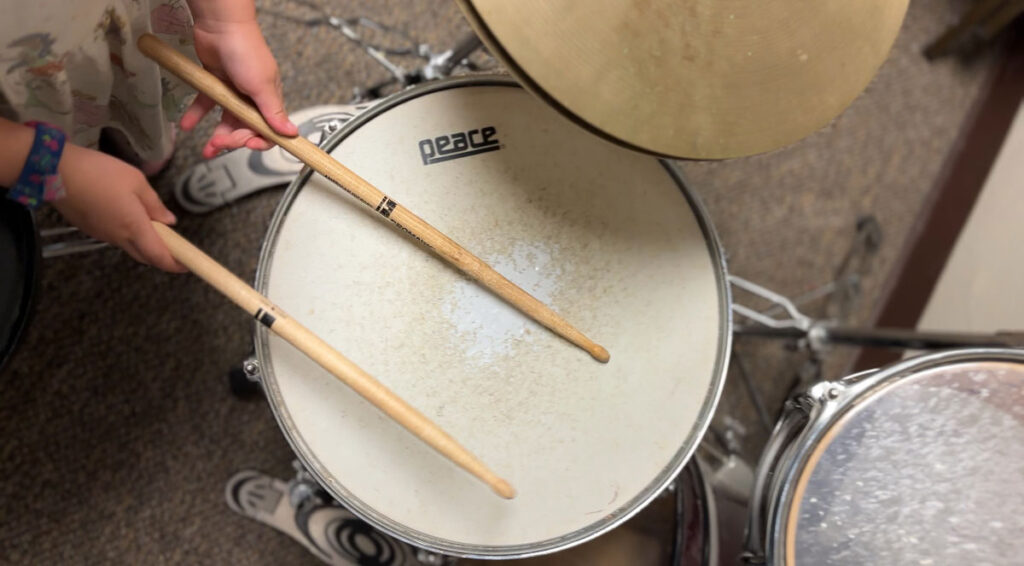
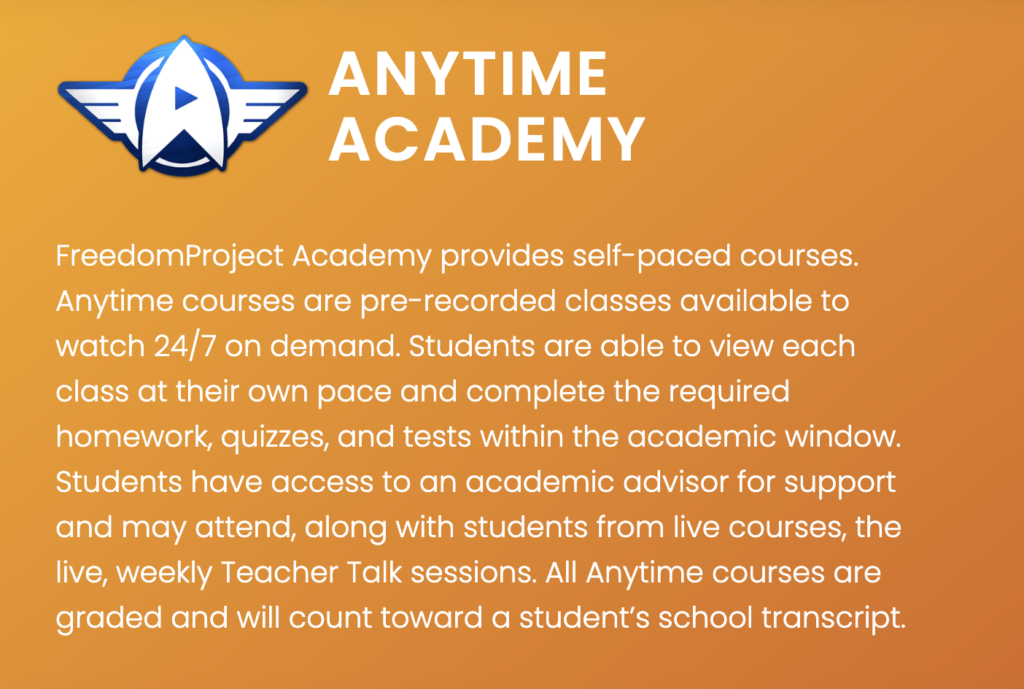
Cultural Awareness and Appreciation
Music is a reflection of culture, history, and identity. By studying music theory, children gain insights into various musical styles and traditions from around the world. This exposure fosters cultural awareness and appreciation, helping them understand the diverse tapestry of human expression. It encourages curiosity about different cultures and histories, promoting a more inclusive worldview. In a homeschool setting, this can lead to rich discussions about the significance of music in different societies, enhancing their overall education.
The skills learned through studying music theory are lifelong assets. Whether or not children pursue music professionally, the discipline, patience, and perseverance required to learn an instrument or understand music theory will serve them well in any endeavor. The ability to read music, understand rhythms, and appreciate musical compositions can enrich their lives, providing joy and relaxation throughout their years.

Incorporating music theory into a homeschool journey is about much more than just learning to play an instrument. It nurtures cognitive development, emotional expression, creativity, social skills, cultural awareness, and lifelong learning. As such, it is an invaluable addition to any homeschool curriculum, providing children with a well-rounded education that prepares them for success in all aspects of life. So, whether you’re a seasoned musician or a complete novice, consider making music theory a part of your homeschooling adventure—it just might be the key to unlocking your child’s full potential.
